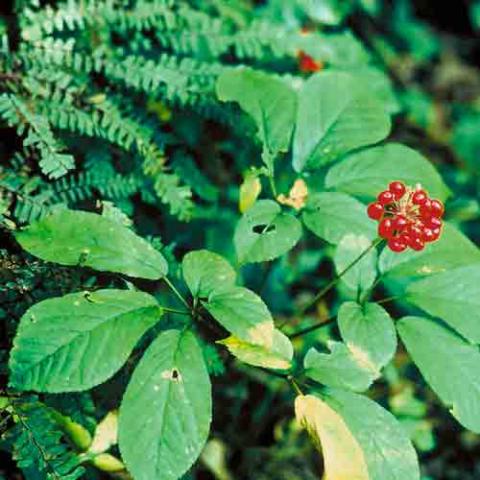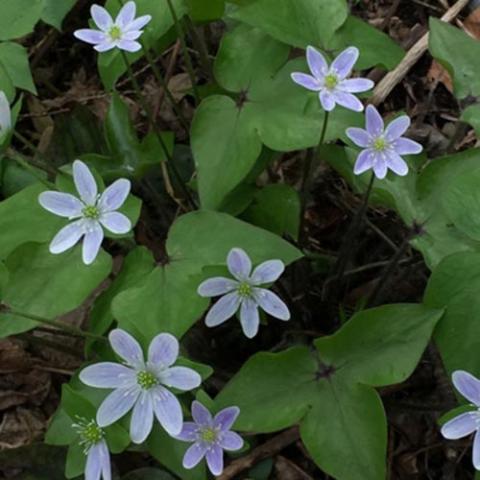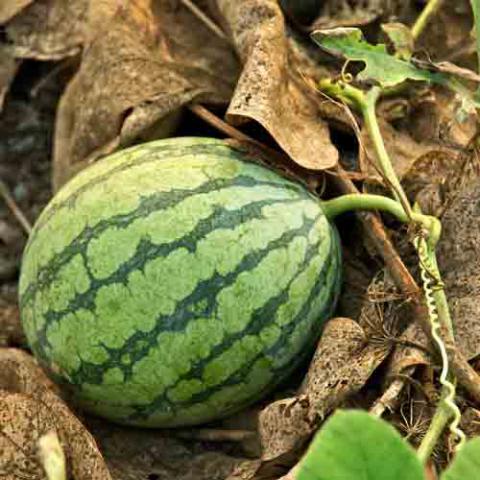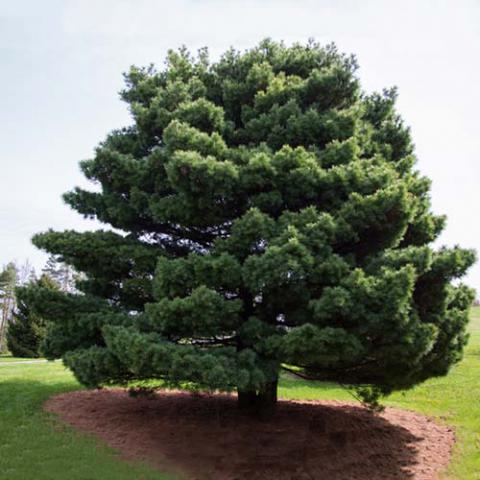Therapeutic: Demulcent
What is a Demulcent?
A demulcent is a herb rich in mucilage and can soothe and protect irritated or inflamed internal tissue. When they are used on the skin they are called emollients. Demulcents are used whenever a membrane is raw, hot, irritated, inflamed or over excited. They are cooling, soothing, healing and relaxing.
How Demulcents Work
These herbs contain varying amounts of complex mucilage materials. These gummy, slimy chemicals have a clear and direct action on the lining of the intestines that soothes and reduces irritation by direct contact. In the intestine many of these herbs act as a form of soluble fiber, absorbing much water and having a bulking & stool softening effect.
However, there are some remedies that have a similar action far from the site of absorption into the body. This means that they cannot have such a direct action on say, the urinary system, because the mucilage will have been broken down into its constituent parts, thus losing its unique soothing action.As with many other herbal actions, what demulcents do cannot always be explained pharmacologically. There is no doubt though that herbs can act as urinary demulcents or demulcents to the lungs. Some research has suggested that this may be due to a complex reflex response initiated by the gut. The mechanism proposed relates to embryonic development and the early developmental associations of tissues.
In general all mucilage containing demulcents have the general properties of:
- Reducing irritation down the whole length of the bowel
- Reducing the sensitivity of the digestive system to gastric acids
- Helping to prevent diarrhea and reducing digestive muscle spasms
- Easing coughing by a soothing of bronchial tension
- Relaxing and easing painful spasm in the bladder and urinary system, and sometimes even the uterus.
Note: The use of demulcents or mucilage rich herbs internally may reduce rate of drug absorption by forming a semi-permeable coating over mucus membranes, delaying gastric emptying and by binding with intestinal contents. Caution should be taken with drugs with a narrow therapeutic window such as lithium, digoxin and insulin. This interaction may be of benefit with some medications such as Verapamil and other calcium channel blockers which may cause constipation by slowing transit time and increasing water resorption from the colon. Soluble fibre taken with lots of water may alleviate this. In general, take drugs at least one hour prior to ingesting large amounts of plant fibre / complex polysaccharides
Herbal Examples
- Agropyron repens (Couch grass)
- Althea off. (Marshmallow leaf or root)
- Zea mays (Corn silk)
- Symphytum off. (Comfrey)
- Ulmus fulvus (Slippery Elm)
- Glycyrrhiza glabra (Licorice)
Adapted from David Hoffman’s ‘The Herbal Handbook: A User’s Guide to Medical Herbalism” & “Medical Herbalism”
Reference:“The Naturopathic Herbalist”





